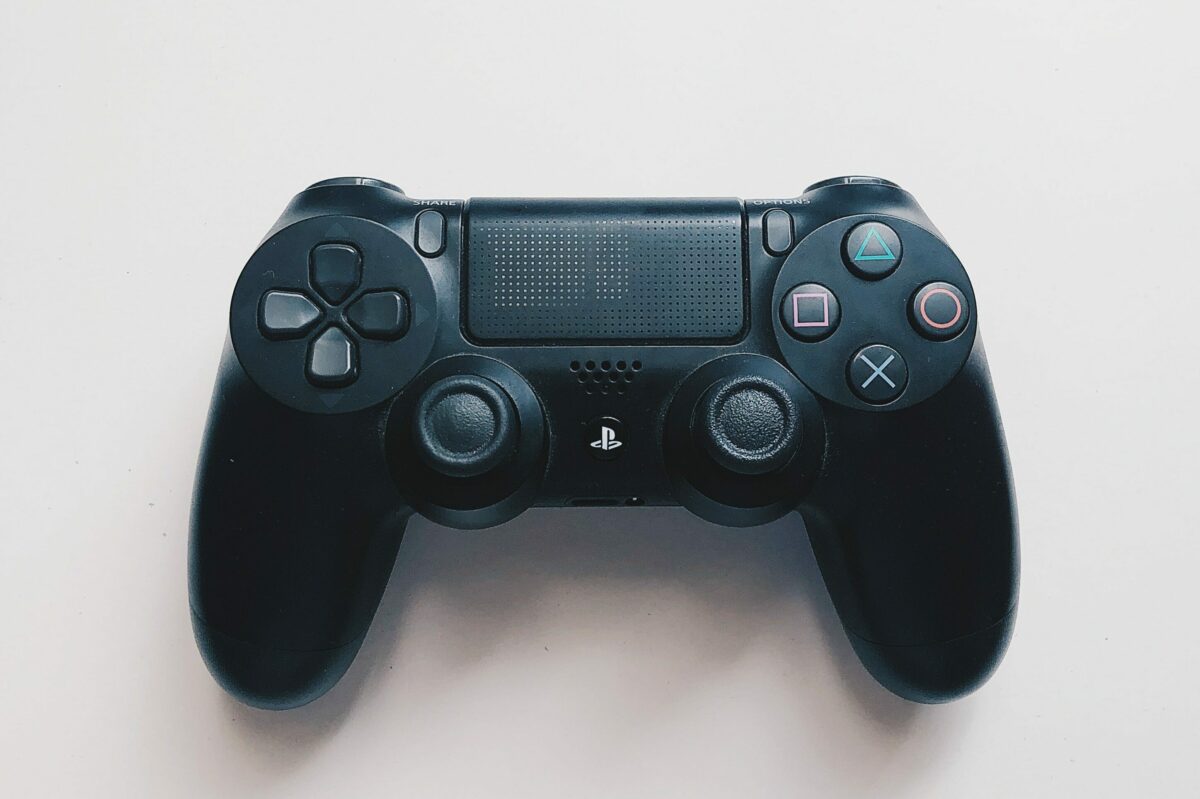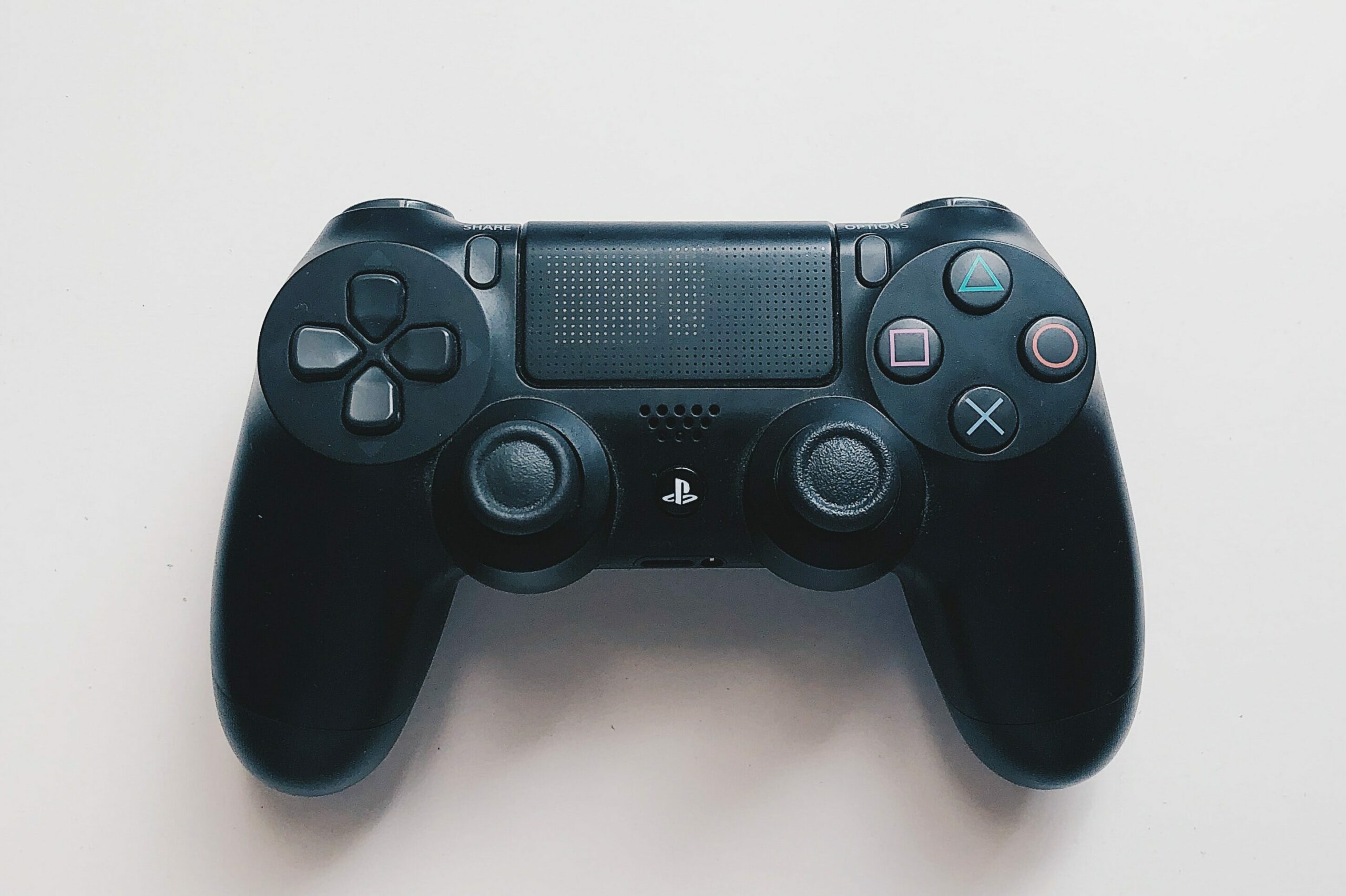National video games day
Today, video games are an inseparable part of the life for a large amount of the population. We prepared several interesting facts about this phenomenon for today's National Video Game Day. The first video game is considered to be an artificial intelligence called Bertie the Brain, which was able to play Tic-tac-toe.
This device was assembled in 1950 by Josef Kates to be exhibited at the Canadian National Exhibition. The first gaming device was up to 4 meters high, which is why it was never mass-produced. After the Canadian National Exhibition, no other piece was made again. Another computer adapted for playing a game was the Nimrod, which was introduced at the Festival of Britain in 1951. Nimrod and Bertie the Brain can be considered the founders of the world of video games in the form as we know it today.
In the process of creating video games, an original idea is essential. At the beginning, it is important to know what type of game you want to create, whether it will be a sports game, action or logic game. The creator of the video game must have an idea of the story, the length of the game, the budget and the levels of complexity. An important step is the right choice of software that will make the work easier for developers. The longest-lasting phase in the creation of the game is the creation itself - designing the environment and individual characters. Creating a video game is a demanding and lengthy process, the most pleasant part of which is the publication of the game.
We often come across the opinion that video games have a negative impact on the players. A group of scientists under the expert guidance of Marc Palaus looked at it and Scientists have found out that video game players have better-developed areas of the brain which are responsible for concentration and spatial perception. Those who play video games regularly can better perceive the relationships between individual objects in space, and also fine motor skills improve.
It is also important to remember the risks involved that can strongly affect people's lives. Even though gambling is the most common form of addiction, one can also be addicted to video games. Scientists have found out, že ľudia náchylní na závislosť na videohrách majú spoločné zmeny v štruktúre mozgu – pozmenený je ich nervový systém odmeňovania. Ide o skupinu štruktúr, ktorá je zodpovedná za prijemný pocit po úspešnom dosiahnutí stanovených cieľov. Na základe týchto výskumov môžeme tvrdiť, že je možné predpovedať, kto má väčšiu pravdepodobnosť stať sa závislým na videohrách.
However, we must not forget the positives, which, in addition to better spatial perception and improved fine motor skills, also include the development of certain skills that people have a problem with. It is important to mention games which are intended specifically to help people after strokes. These support re-learning of certain skills and also help the rehabilitation process.
A specialised museum is available for all those interested in video games on the premises of the Slovak Academy of Sciences in Bratislava The computer museum exhibits the first computers, telephones and graphics, or older models of game consoles and controllers. Functional machines are also available for trying out!
 BeeGFS in Practice — Parallel File Systems for HPC, AI and Data-Intensive Workloads 6 Feb - This webinar introduces BeeGFS, a leading parallel file system designed to support demanding HPC, AI, and data-intensive workloads. Experts from ThinkParQ will explain how parallel file systems work, how BeeGFS is architected, and how it is used in practice across academic, research, and industrial environments.
BeeGFS in Practice — Parallel File Systems for HPC, AI and Data-Intensive Workloads 6 Feb - This webinar introduces BeeGFS, a leading parallel file system designed to support demanding HPC, AI, and data-intensive workloads. Experts from ThinkParQ will explain how parallel file systems work, how BeeGFS is architected, and how it is used in practice across academic, research, and industrial environments. When a production line knows what will happen in 10 minutes 5 Feb - Every disruption on a production line creates stress. Machines stop, people wait, production slows down, and decisions must be made under pressure. In the food industry—especially in the production of filled pasta products, where the process follows a strictly sequential set of technological steps—one unexpected issue at the end of the line can bring the entire production flow to a halt. But what if the production line could warn in advance that a problem will occur in a few minutes? Or help decide, already during a shift, whether it still makes sense to plan packaging later the same day? These were exactly the questions that stood at the beginning of a research collaboration that brought together industrial data, artificial intelligence, and supercomputing power.
When a production line knows what will happen in 10 minutes 5 Feb - Every disruption on a production line creates stress. Machines stop, people wait, production slows down, and decisions must be made under pressure. In the food industry—especially in the production of filled pasta products, where the process follows a strictly sequential set of technological steps—one unexpected issue at the end of the line can bring the entire production flow to a halt. But what if the production line could warn in advance that a problem will occur in a few minutes? Or help decide, already during a shift, whether it still makes sense to plan packaging later the same day? These were exactly the questions that stood at the beginning of a research collaboration that brought together industrial data, artificial intelligence, and supercomputing power. Who Owns AI Inside an Organisation? — Operational Responsibility 5 Feb - This webinar focuses on how organisations can define clear operational responsibility and ownership of AI systems in a proportionate and workable way. Drawing on hands-on experience in data protection, AI governance, and compliance, Petra Fernandes will explore governance approaches that work in practice for both SMEs and larger organisations. The session will highlight internal processes that help organisations stay in control of their AI systems over time, without creating unnecessary administrative burden.
Who Owns AI Inside an Organisation? — Operational Responsibility 5 Feb - This webinar focuses on how organisations can define clear operational responsibility and ownership of AI systems in a proportionate and workable way. Drawing on hands-on experience in data protection, AI governance, and compliance, Petra Fernandes will explore governance approaches that work in practice for both SMEs and larger organisations. The session will highlight internal processes that help organisations stay in control of their AI systems over time, without creating unnecessary administrative burden.

